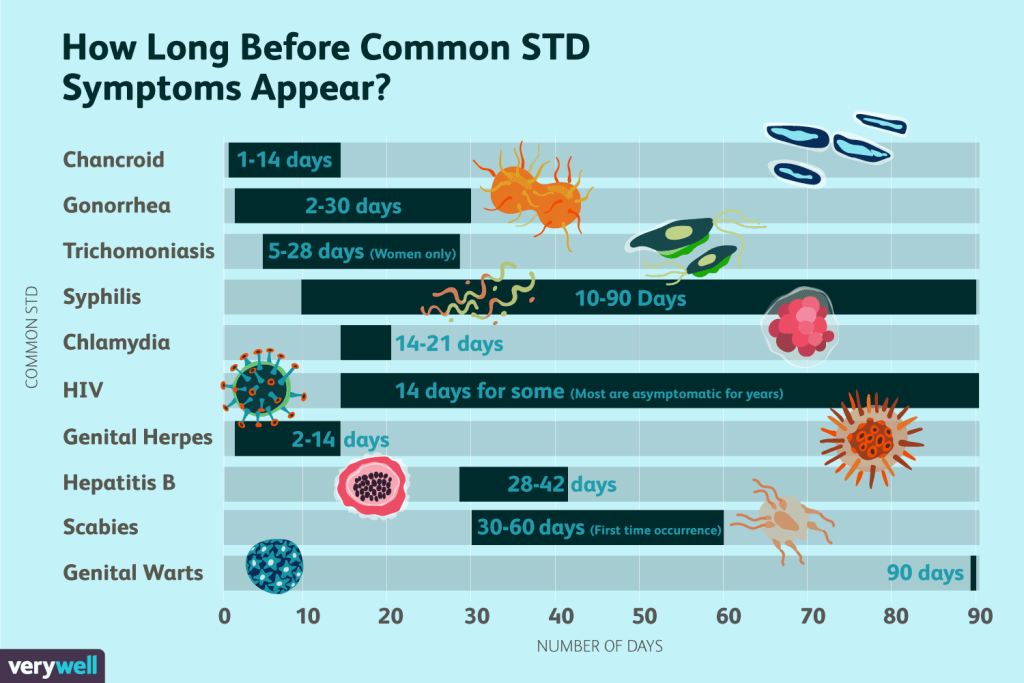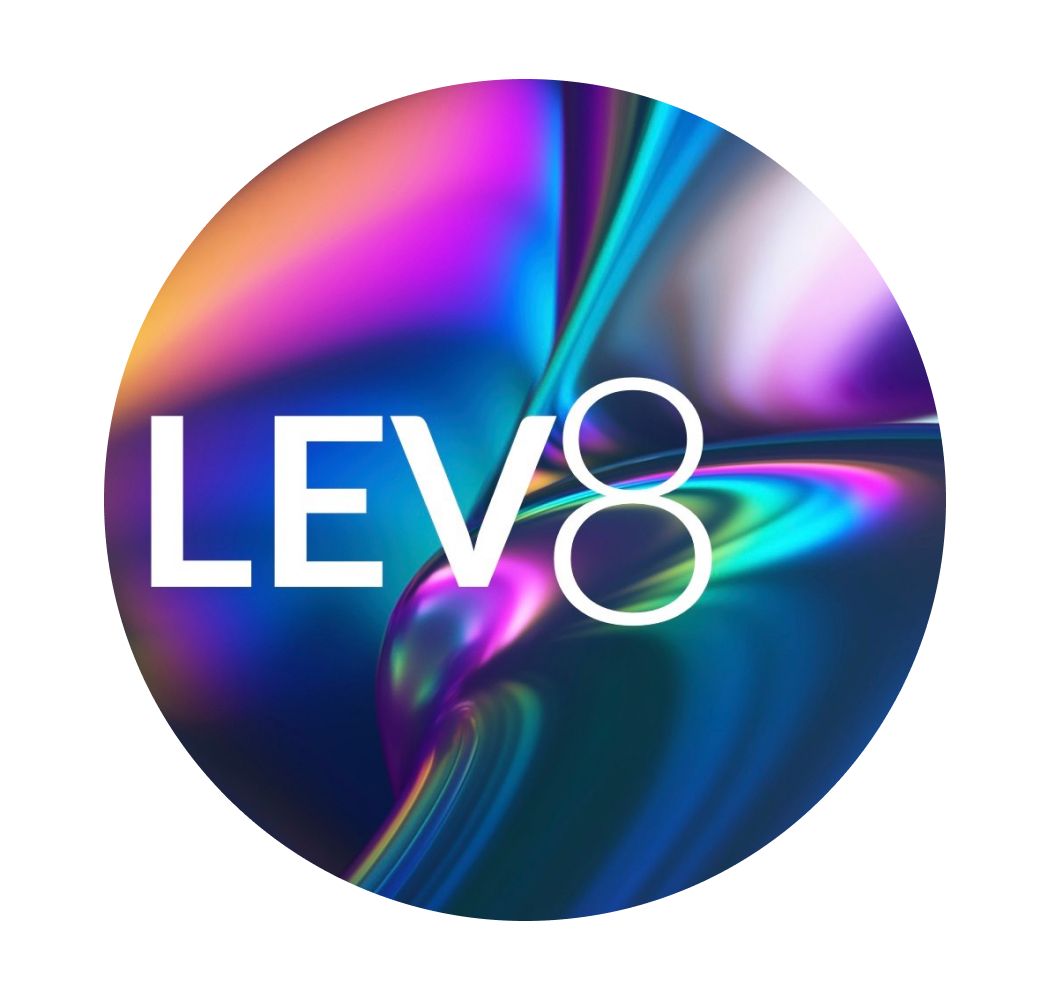The window period is the time between potential exposure to an infection and the point when a test can accurately detect the infection. During this period, an individual may have the infection but still test negative because the levels of the virus or antibodies are not yet detectable.
Window Period for HIV
- Nucleic Acid Tests (NATs): Detect HIV RNA within 10 to 33 days after exposure.
- Antigen/Antibody Tests: Detect HIV p24 antigen and antibodies within 18 to 45 days after exposure.
- Antibody Tests: Detect HIV antibodies within 23 to 90 days after exposure.
Window Period for STIs
Different STIs have varying window periods:
- Chlamydia and Gonorrhea: Typically 1 to 2 weeks.
- Syphilis: 3 to 6 weeks.
- Herpes: 2 to 12 days for symptoms to appear, but testing may be accurate later.
- Hepatitis B and C: 4 to 10 weeks for detectable antibodies.
- HPV: Symptoms may appear within weeks to months, but testing may depend on visible signs like warts.

Importance of the Window Period
- Accurate Diagnosis: Testing outside the window period ensures reliable results.
- Preventing Transmission: Knowing the window period helps in taking preventive measures during the period of uncertainty.
- Timely Treatment: Early detection and treatment improve health outcomes and reduce complications.
Recommendations
- Repeat Testing: If tested during the window period, repeat testing after the period ends for confirmation.
- Consult Healthcare Providers: For advice on the appropriate time to test based on potential exposure and symptoms.
- Preventive Measures: Practice safe sex and avoid sharing needles to reduce the risk of transmission during the window period.
General FAQ
The window period is the time between potential exposure to HIV and the point when the test can reliably detect the infection.
The window period for HIV can range from 2 weeks to 3 months, depending on the type of test used.
Understanding the window period is crucial because testing too early might result in a false-negative result.
If you test negative but suspect recent exposure, it’s recommended to get retested after the window period has passed.
Yes, it is possible to transmit HIV to others during the window period even if your test result is negative.
